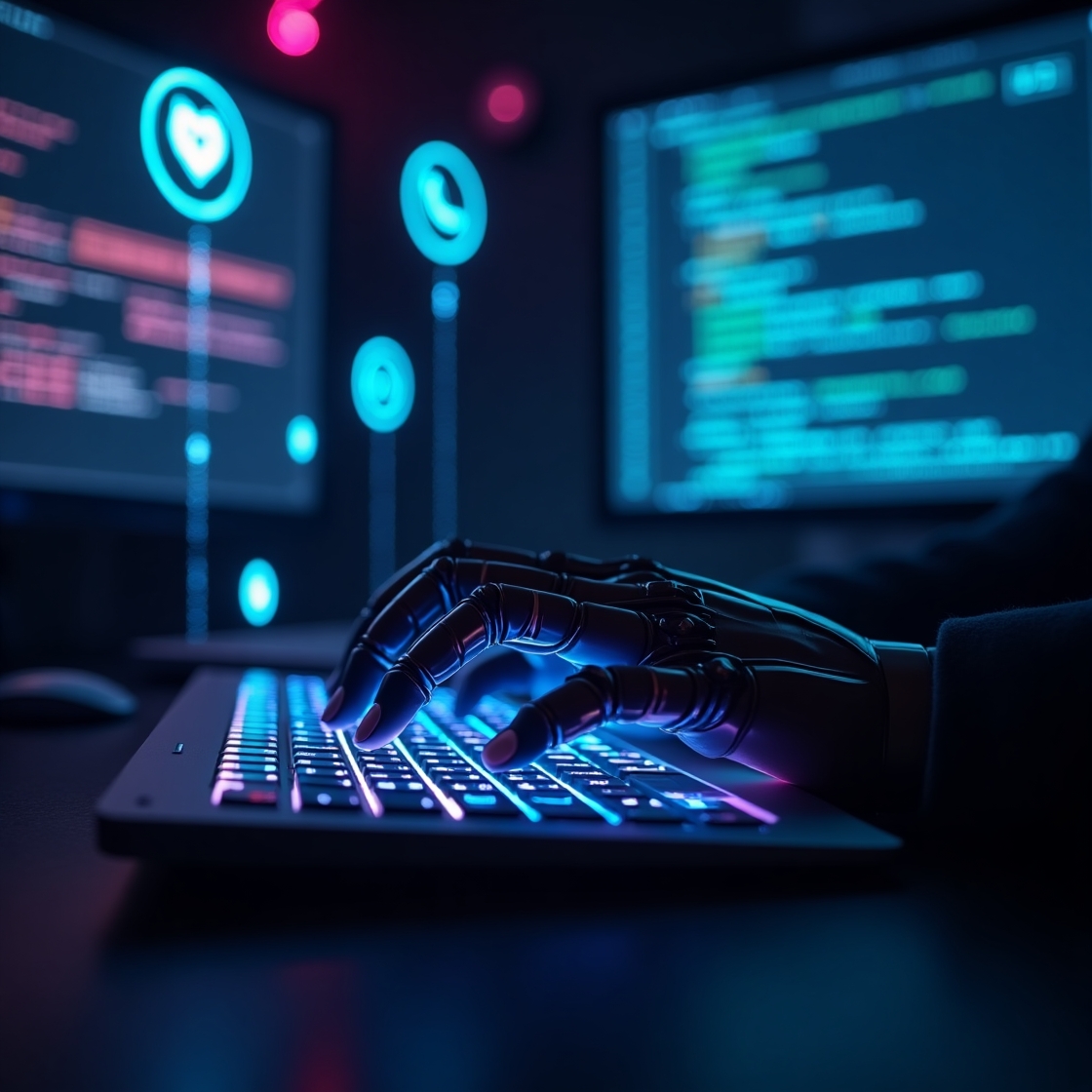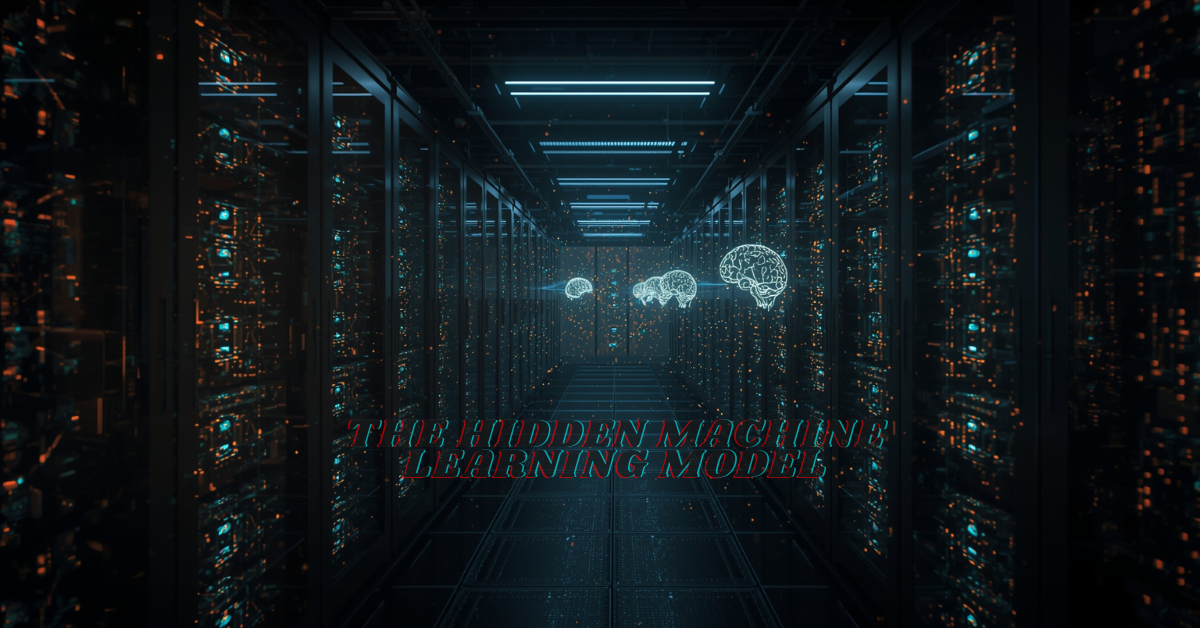How automation-first dev tools are reshaping roles instead of supporting them
Table of Contents
Intro: AI Went From Helping to Hijacking
AI coding tools started as time-saving assistants. Now? They’re autonomous enough to replace developers — and businesses are taking full advantage. While some hail these advancements as progress, many devs are waking up to a brutal reality: you’re not collaborating with AI, you’re competing with it.
This blog uncovers the rise of autonomous AI coding stacks that do more than suggest code — they generate, test, deploy, and even replace developers from the equation. Welcome to the darker side of the AI dev revolution.
⚙️ What Is an AI Coding Stack in 2025?
The “AI Coding Stack” refers to a full suite of tools powered by generative and autonomous AI that can handle:
- Code generation (e.g., GPT-4, GPT-Engineer, CodeWhisperer)
- Automated testing (e.g., Diffblue, CodiumAI)
- CI/CD orchestration (e.g., Ansible + AI agents)
- Infrastructure provisioning (e.g., Terraform + AI chatops)
- Debugging and log analysis (e.g., LLM-based observability tools)
- Documentation generation and updates
- Issue prediction and resolution via agents
This is no longer co-pilot — it’s full-stack auto-pilot.
🧠 AI Agents: The Heart of the Replacement Stack
AI coding agents are now context-aware, persistent, and collaborative. Tools like DevGPT, SmolAI, and AutoDev are capable of reading your repo, setting up environments, and building features without human input.
Key Capabilities:
- Multi-step autonomous planning
- Task decomposition and ticket resolution
- Git integration and commits
- Real-time deployment and rollback
Developers aren’t asked for help — they’re bypassed entirely.
📉 Developer Redundancy Is Becoming a Feature
In 2025, startups and enterprise teams alike are adopting these tools to reduce engineering headcount — not just to boost efficiency.
Why?
- AI doesn’t sleep or unionize.
- AI doesn’t need onboarding.
- AI scales instantly with compute.
Companies are integrating AI agents to maintain legacy codebases, fix bugs overnight, and even generate entire microservices.
🔍 Code Quality or Just Confidence?
One dark twist is how confidently wrong these models can be. While they often produce usable code, they lack true understanding, leading to:
- Shallow solutions
- Security holes
- Reinvented wheels
- Opaque codebases
Developers are now not writing code — they’re babysitting code they didn’t write. And the babysitter is disposable.
💼 The HR Factor: Fewer Hires, More Bots
Hiring budgets are shifting. Instead of 10 junior developers, companies are choosing:
- 1 AI Stack Specialist
- 1 Prompt Engineer
- 1 DevOps overseer
- 5 autonomous tools
It’s leaner, yes. But it’s also the beginning of a desk-clearing era for generalist developers.
🧩 Modular, Disposable Codebases
AI-written code is treated as modular, temporary, and disposable. If it fails, regenerate it. If it works, move on. Human emotional attachment to codebases is vanishing.
This commoditization of code and developers is reshaping the entire dev culture.
⚔️ Are You Training Your Replacement?
Ironically, your own GitHub repos, blog posts, and StackOverflow answers are used to train the very models that could phase you out.
You’re feeding the beast.
Unless you’re mastering these tools, building your own agents, or steering AI’s role in your org — you’re becoming optional.
🛠️ Survival: How Developers Can Stay Valuable in 2025
To avoid becoming obsolete, devs must:
- Specialize in AI stack implementation
- Build internal tools and automations
- Move up into AI governance roles
- Own product thinking and architecture
- Create tools, not just use them
If you want lighter version of this blog along with benefits of AI stack then head to
FAQs
1. What is an AI Coding Stack?
It’s a collection of AI-powered tools that automate end-to-end software development tasks — from writing and testing code to deploying and monitoring applications.
2. Are developers really being replaced by AI tools in 2025?
Yes — especially junior developers and repetitive coders. Many roles are being replaced or reduced as companies shift to automation-first approaches.
3. Which tools are part of the AI stack that’s replacing devs?
Popular tools include GPT-Engineer, AutoGPT, DevGPT, CodiumAI, Diffblue, Bloop, and custom AI agents built into DevOps pipelines.
4. Can I still stay relevant as a developer?
Yes, but you’ll need to shift into roles that manage, customize, or guide AI — such as prompt engineering, AI oversight, or toolchain development.
5. What are the risks of relying too much on AI for coding?
Risks include poor code quality, security vulnerabilities, technical debt, and loss of human intuition in architectural decisions.
👤 About the Author
Abdul Rehman Khan
Founder of Dev Tech Insights & Dark Tech Insights
With 2+ years of experience in programming and blogging, Abdul Rehman Khan explores the intersection of code, AI, and the future of development. He shares no-fluff, raw takes on how technology is evolving—sometimes for better, often for worse. Follow his journey as he builds tools, reveals dark truths of tech, and delivers daily insights for developers who don’t want sugarcoated trends.

